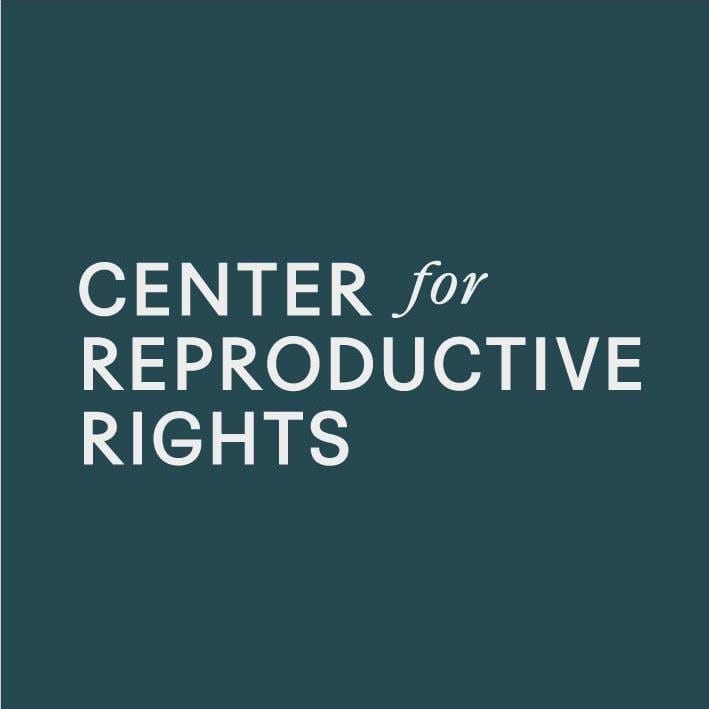On World Refugee Day, the Center Urges Action to Ensure Women and Girls Fleeing Ukraine Have Access to Essential Sexual and Reproductive Health Care
European governments and the European Union are called on to ensure barriers don’t impede access to critical services.

On a day designated by the United Nations to honor people fleeing their home country to escape conflict or persecution, the Center for Reproductive Rights is drawing attention to the unmet health care needs of refugee women and girls.
“World Refugee Day serves as a reminder to all European decision-makers to use their power to take action to protect the sexual and reproductive health and rights of refugees,” said Leah Hoctor, senior regional director for Europe at the Center.
About World Refugee Day
Falling on June 20 each year, World Refugee Day is an international day designated by the United Nations to honor refugees around the globe. The 2023 theme of World Refugee Day is “hope away from home.”
Specifically, the Center is calling on European governments and the European Union to remove barriers to contraception, abortion care, maternal health care and gender-based violence support services—such as those faced by Ukrainian women and girls, some of whom have experienced conflict-related sexual violence and gender-based crimes following the Russian invasion in February 2022.
This urgent call to action resonates with the 2023 World Refugee Day theme, “hope away from home,” as many refugee women and girls currently cannot hope for sanctuary and safety because they are living in European host countries that do not recognize their right to timely reproductive health care and support services.
Refugees Fleeing the War in Ukraine Face Barriers to Reproductive Care in Hungary, Poland, Romania and Slovakia
As outlined in a new report, Care in Crisis: Failures to guarantee the sexual and reproductive health and rights of refugees from Ukraine in Hungary, Poland, Romania and Slovakia, authored by the Center and eight partner organizations, many Ukrainian refugees are being forced to access reproductive health care outside legal pathways, return to Ukraine to access care, or go without care completely.
Women seeking refuge in the four countries are encountering some of the most restrictive legal and political contexts for sexual and reproductive health care and rights in Europe. Highly restrictive abortion and emergency contraception laws, cost barriers, weak protections and response structures for gender-based violence—including the lack of appropriate referral pathways, psychosocial support services and clinical management of rape—are just some examples of the longstanding barriers to care.
“Decision makers at the national and EU level must show political leadership and act urgently to address the needs of refugees from Ukraine who need sexual and reproductive health care and gender-based violence support services. Without action, Europe will have failed to deliver on its promise of safety and sanctuary pledged to refugees from Ukraine,” said Hoctor.



